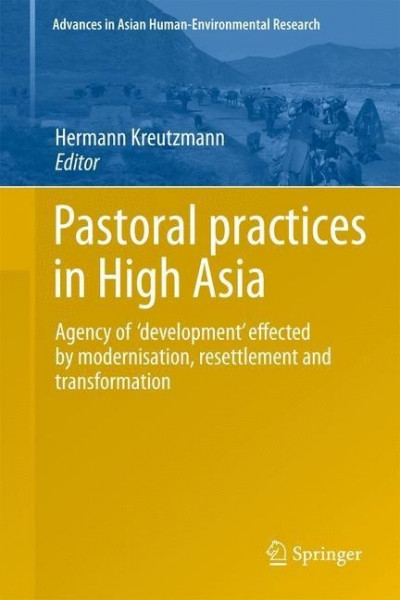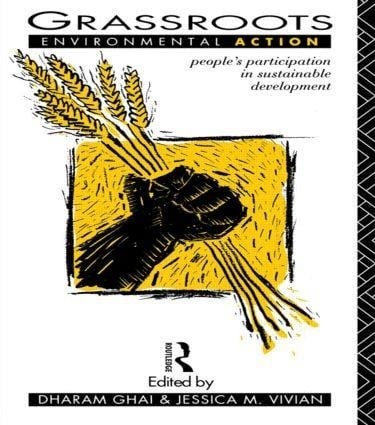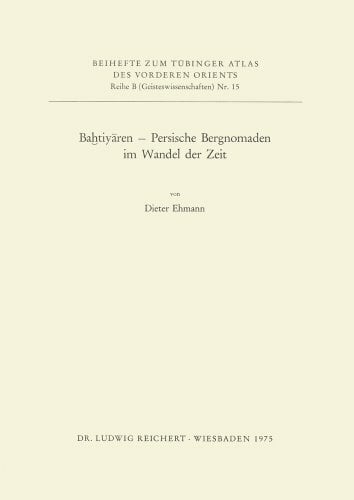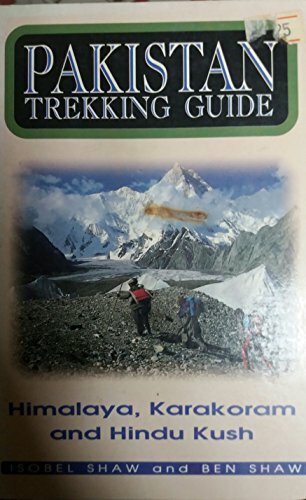
Pastoral practices in High Asia
Kurzinformation
inkl. MwSt. Versandinformationen
Artikel zZt. nicht lieferbar
Artikel zZt. nicht lieferbar

Beschreibung
In conventional views, pastoralism was classified as a stage of civilization that needed to be abolished and transcended in order to reach a higher level of development. In this context, global approaches to modernize a rural society have been ubiquitous phenomena independent of ideological contexts. The 20th century experienced a variety of concepts to settle mobile groups and to transfer their lifestyles to modern perceptions. Permanent settlements are the vivid expression of an ideology-driven approach. Modernization theory captured all walks of life and tried to optimize breeding techniques, pasture utilization, transport and processing concepts. New insights into other aspects of pastoralism such as its role as an adaptive strategy to use marginal resources in remote locations with difficult access could only be understood as a critique of capitalist and communist concepts of modernization. In recent years a renaissance of modernization theory-led development activities can be observed. Higher inputs from external funding, fencing of pastures and settlement of pastoralists in new townships are the vivid expression of 'modern' pastoralism in urban contexts. The new modernization programme incorporates resettlement and transformation of lifestyles as to be justified by environmental pressure in order to reduce degradation in the age of climate change. von Kreutzmann, Hermann
Produktdetails

So garantieren wir Dir zu jeder Zeit Premiumqualität.
Über den Autor
Prof. Hermann Kreutzmann has been a professor of human geography at Freie Universität Berlin since April 2005. He had previously completed his doctorate at the Department of Earth Sciences at Freie Universität Berlin in 1989. Kreutzmann's research focuses on geographical development studies. He conducts his research mainly in high mountain areas, especially in South and Central Asia, in the context of globalization and climate change debates. His research also focuses on sustainable resource use as well as minority studies and migration research. Hermann Kreutzmann is a recipient of the Tianshan Prize China from the Xinjiang Uyghur Autonomous Region. He received the award for his "outstanding contribution to the economic and social progress" of this region located in northwest China. For more than 25 years Kreutzmann has been conducting research there on issues of resource use and the development of mountain regions. In addition, he was honored for his contribution to scientific cooperation and his support of German-Chinese cooperation in the education of young scientists. This award is the highest that can be awarded to a foreign expert in Xinjiang.

- hardcover
- 232 Seiten
- Erschienen 2025
- Steidl Verlag

- hardcover
- 128 Seiten
- Erschienen 1977
- Harry N. Abrams, Inc.

- Taschenbuch
- 368 Seiten
- Erschienen 1995
- Routledge

- paperback
- 382 Seiten
- Erschienen 1986
- Dharma Publishing,U.S.

- paperback
- 408 Seiten
- Erschienen 2010
- TRESCHER

- hardcover
- 130 Seiten
- Erschienen 2022
- ARCADIA PUB (SC)

- hardcover -
- Erschienen 1900
- White Lotus-Orstom (Tri-Ors...

- paperback -
- Erschienen 1988
- SHAMBALA.





 bestellen
bestellen






























